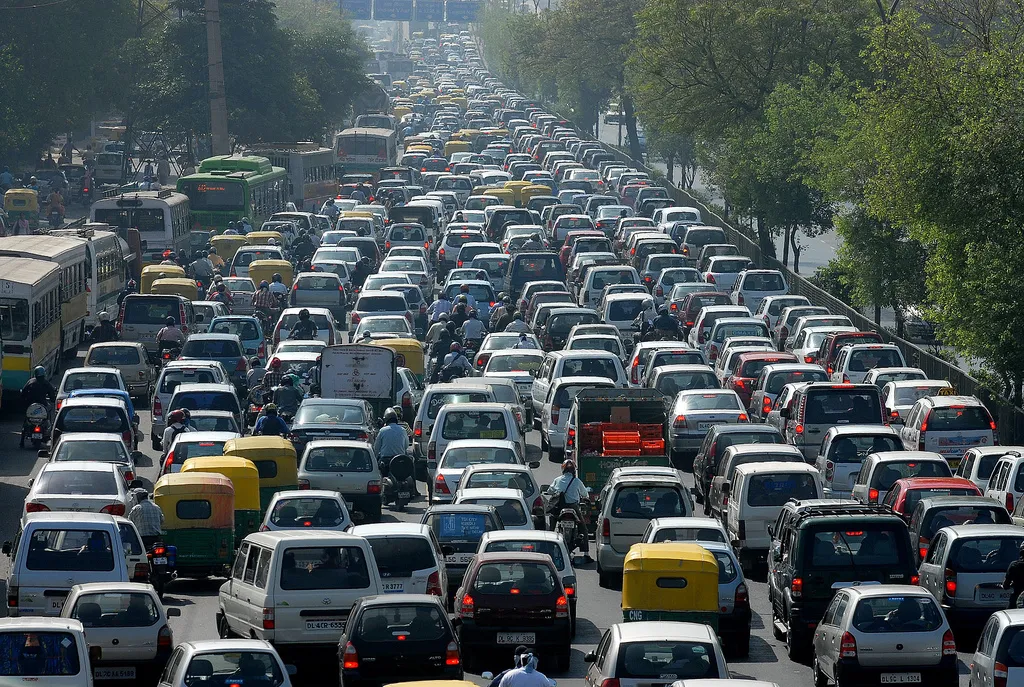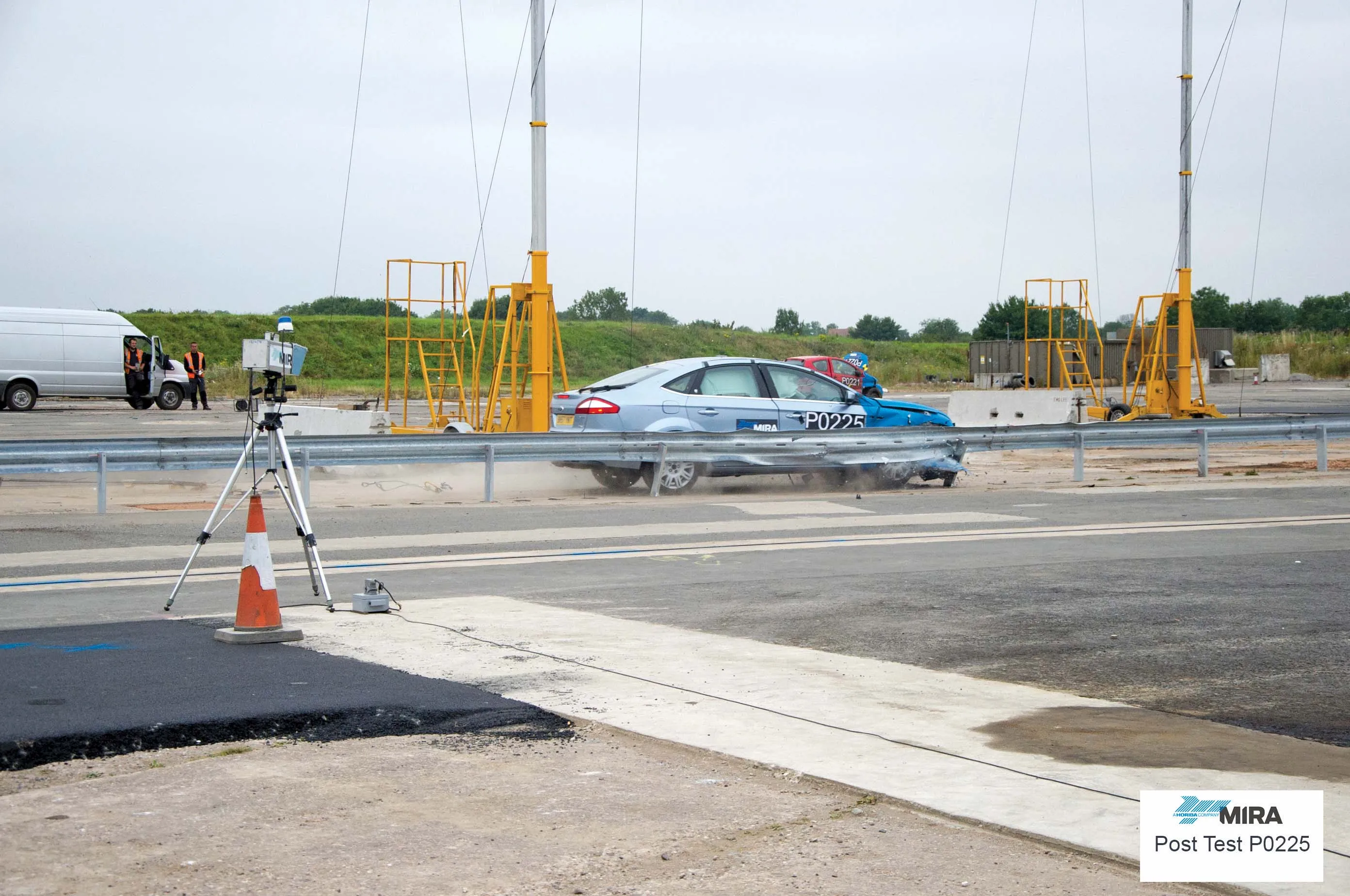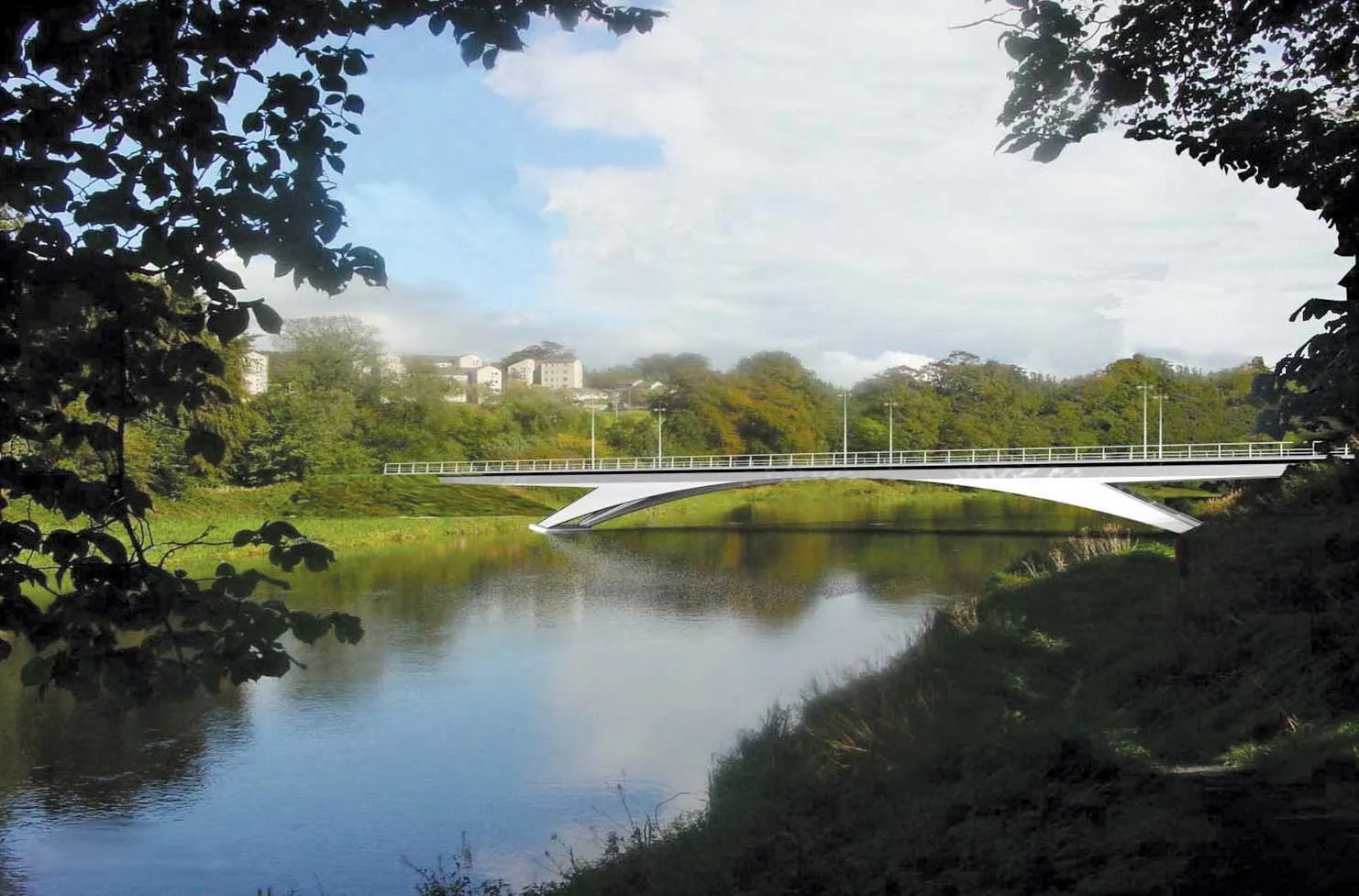India's capital Delhi looks set to see the introduction of a congestion charging scheme. The city authorities plan to launch the scheme in a bid to tackle endemic traffic congestion.
April 26, 2012
Read time: 2 mins

India’s capital Delhi looks set to see the introduction of a congestion charging scheme.
The city authorities plan to launch the scheme in a bid to tackle endemic traffic congestion. The Municipal Corporation of Delhi is aiming to charge INR 150 ($2.87) for cars, motorbikes and even rickshaws entering the centre of the city during peak daytime periods. The city authorities have watched the benefits to traffic control in London and Singapore following the introduction of congestion charging schemes. At this stage it is not clear what technologies will be used but given the experience gained with the schemes in London and Singapore and various other cities (such as Oslo and Stockholm) it seems like that Delhi will benefit from a second generation system that will operate relatively efficiently. Introducing such a scheme in Delhi will see traffic control on a much larger scale than ever tried before however and there will be numerous technicalities to deal with in the process.
Both Beijing and Shanghai are considering congestion charging to help deal with endemic traffic problems at present as well. Delhi certainly has need of some form of traffic control as its vehicle population has doubled to 6.8 million in just five years, despite the introduction of a new metro system and extensive bus transport in the city. Traffic jams and delays have become routine in Delhi and despite the switch to LPG for buses and other diesel powered vehicles some years ago, air pollution is a growing problem.
The city authorities plan to launch the scheme in a bid to tackle endemic traffic congestion. The Municipal Corporation of Delhi is aiming to charge INR 150 ($2.87) for cars, motorbikes and even rickshaws entering the centre of the city during peak daytime periods. The city authorities have watched the benefits to traffic control in London and Singapore following the introduction of congestion charging schemes. At this stage it is not clear what technologies will be used but given the experience gained with the schemes in London and Singapore and various other cities (such as Oslo and Stockholm) it seems like that Delhi will benefit from a second generation system that will operate relatively efficiently. Introducing such a scheme in Delhi will see traffic control on a much larger scale than ever tried before however and there will be numerous technicalities to deal with in the process.
Both Beijing and Shanghai are considering congestion charging to help deal with endemic traffic problems at present as well. Delhi certainly has need of some form of traffic control as its vehicle population has doubled to 6.8 million in just five years, despite the introduction of a new metro system and extensive bus transport in the city. Traffic jams and delays have become routine in Delhi and despite the switch to LPG for buses and other diesel powered vehicles some years ago, air pollution is a growing problem.









